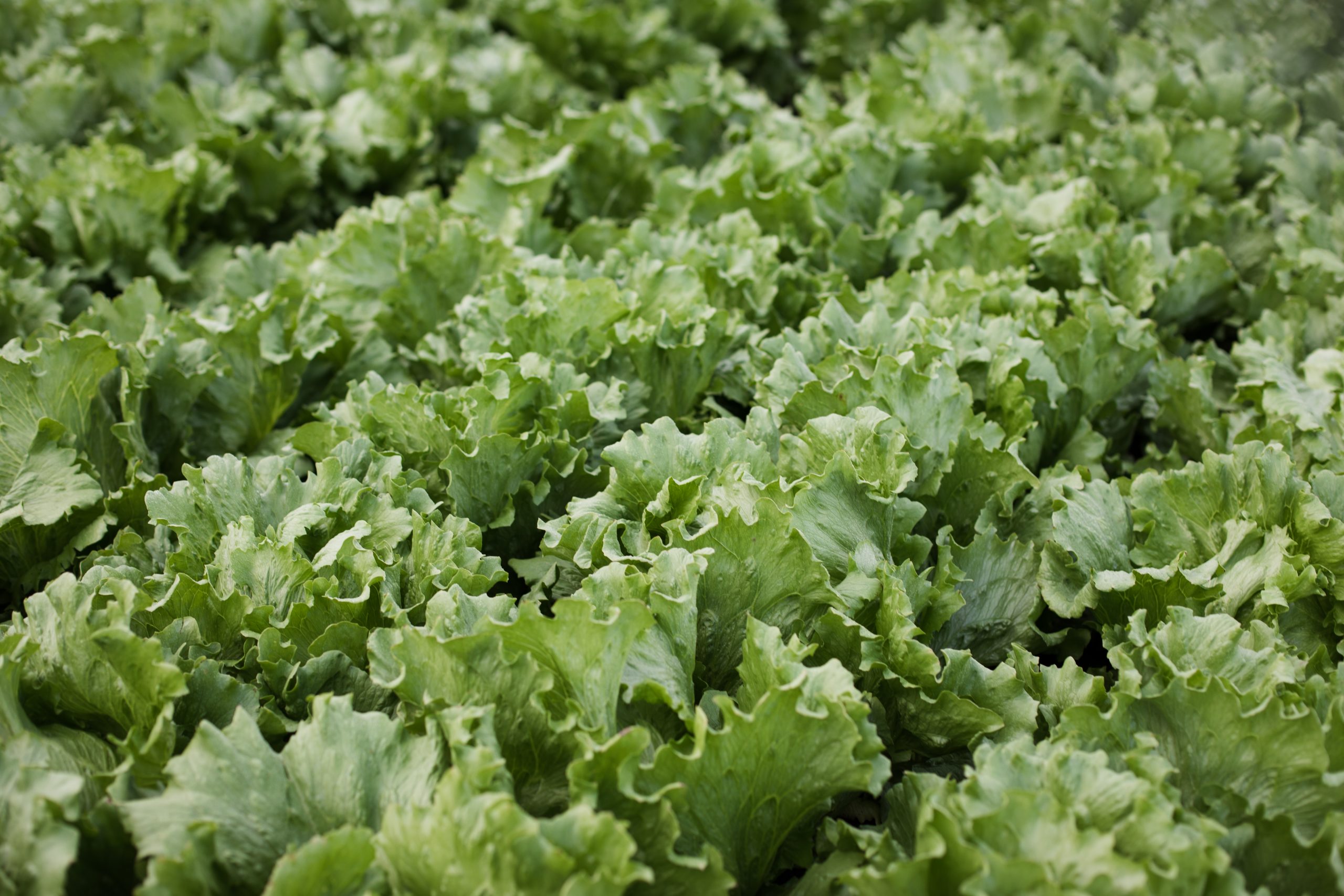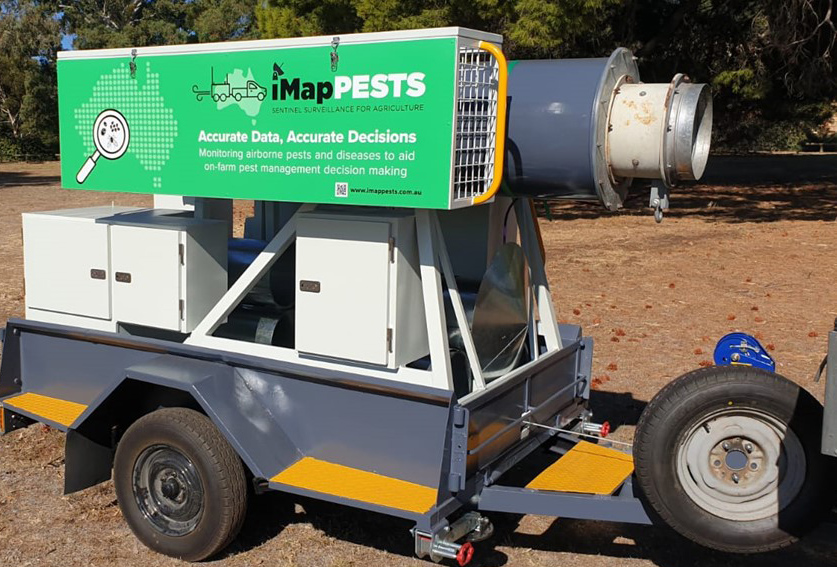
Update your workforce needs on the Harvest Trail jobs board
7 April 2020Fact sheet: Lettuce necrotic yellows virus in the Lockyer Valley
9 April 2020Although Australia is currently experiencing some important restrictions due to COVID-19, the iMapPESTS team is still investigating smarter, faster ways to monitor and report airborne crop pests and pathogens to growers.
The iMapPESTS project is a collaboration of government, industry and science to a develop a mobile cross‐industry plant pest surveillance network, which will provide actionable information to primary producers and government on endemic, established, trade sensitive or exotic pests.
The prototype unit, ‘Sentinel 1’ arrived in South Australia yesterday, following its recent trial in the Cairns region, where it targeted surveillance of horticulture and sugar insect pests and diseases, as well as early detection surveillance of exotic plant pests and pathogens to Australia.
In the coming weeks, it will undergo optimisaton and resume testing before it goes online alongside ‘Sentinel 2’ and ‘Sentinel 3’. The suite of sentinels will then be deployed around Adelaide’s growing regions, such Virginia’s intensive cropping area and the Adelaide Hills.
The features of Sentinels 2 and 3 differ slightly from the prototype sentinel, and each other, in weight, size, power requirements, and shape, but all perform the same task of trapping airborne pests and pathogens while collecting local environmental data that relates to the time of trapping.
These Sentinels are state-of-the-art mobile surveillance units, and are a key output from the multimillion-dollar, cross industry iMapPESTS investment led by Hort Innovation, through funding from the Australian Government Department of Agriculture as part of its Rural R&D for Profit program, as well with support from 16 partner organisations.
For more information, please contact Shakira Johnson (Engagement & Adoption for iMapPESTS) at shakira.johnson@ausveg.com.au or visit the website.

